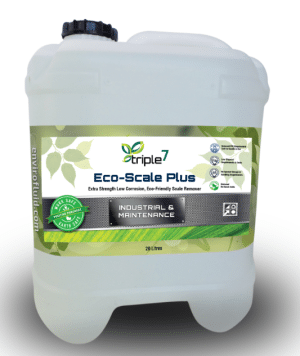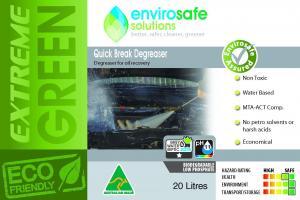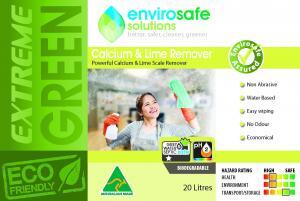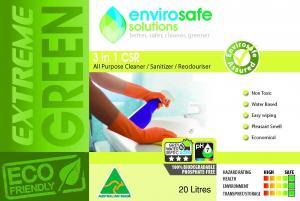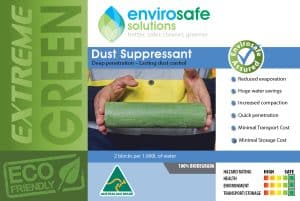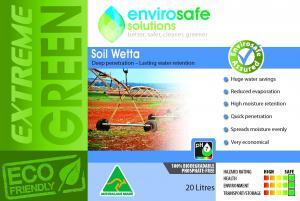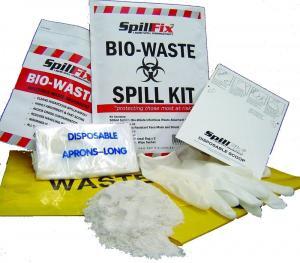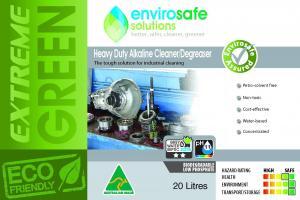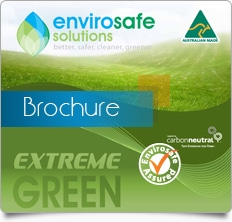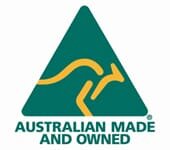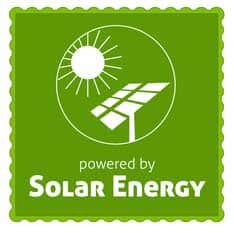 Today Envirosafe Solutions looks at garbage and what we can do about it.
Today Envirosafe Solutions looks at garbage and what we can do about it.
Garbage continues to remain a very persistent problem all around the world – we just label it as trash. We may not notice it, or it may not bother us, but rest assured it continues to have an impact on the environment. In some countries, people go out for picnics but forget to pick up after themselves when they are done. Plastic and other materials take a very long time to decompose in nature, and when they do, they are highly poisonous for the environment.
Collection programs have been put in place in many countries, however and this has not completely solved the Waste Management problem. Garbage dumps all over the world are overfilled [a new twist on the term landfill], and new ones are being built constantly. Unfortunately, many of them are built around cities and the smell and sewage water is highly disturbing for the residents.
Some types of waste cannot even be burnt, because of the toxic fumes that they release. A solution might be the collection programs. Recycling is also a good solution in order to diminish the high amounts of waste, to decrease the costs of producing materials such as paper, tin, plastic or glass, and to protect the environment.
Hazardous waste management
In Australia, a pressing problem is hazardous waste management. According to this legislation in place, mainly the Hazardous Waste Act, companies may deposit or export hazardous waste only when they are in possession of a permit. The Minister for the Environment and Heritage offers a permit only when the waste is properly managed and must be deposited or processed in a facility that will not allow it to affect the environment.
Examples of hazardous waste include:
- acids
- pesticides
- paints
- bases
- oxidizers
- cyanides
- flammables
- organic solvents
These materials have special processing requirements, according to each of their chemical composition.
Recycling and waste management
Any household or commercial business in Australia has specific bins for selective waste collection. Thus, there are special bins for:
- Foods
- Paper
- Plastics
- Batteries
- E-waste
- Garden waste
- And others
By law, each household or company must use selective waste collection in order to capitalize the waste. Companies in Australia produce different kind of bins, according to the type of waste that has to be collected in them. Waste dumps nowadays have special selection programs in order to separate wastes into categories.
Environmental NGOs and governments promote recycling worldwide. People need to learn that nature cannot deal with the human produced waste, and that mean needs to protect the environment from poisonous compounds as much as possible.
However, there are situations where people shown no respect for the environment. For example in Australia in 2010, there has been an increase in the quantity of a E-waste at the beginning of the year, as people were throwing away their old computers, televisions, or other electronic devices that have been replaced during Christmas, regardless of the regulations imposed by the government.
Envirosafe Solutions encourages all Australians to change their attitude to garbage and to increase home and office recycling. It also supplies products that have a comparatively low hazard rating compared to other similar products. Phone Envirosafe Solutions to find out more about their Extreme Green Range. 1300 889070
Sources:
http://australia.gov.au/topics/environment-and-natural-resources/pollution-and-waste-management
http://earthtrends.wri.org/updates/node/314
http://www.tes-amm.com.au/downloads/Press_Release_TESAMM_Jan25.pdf









